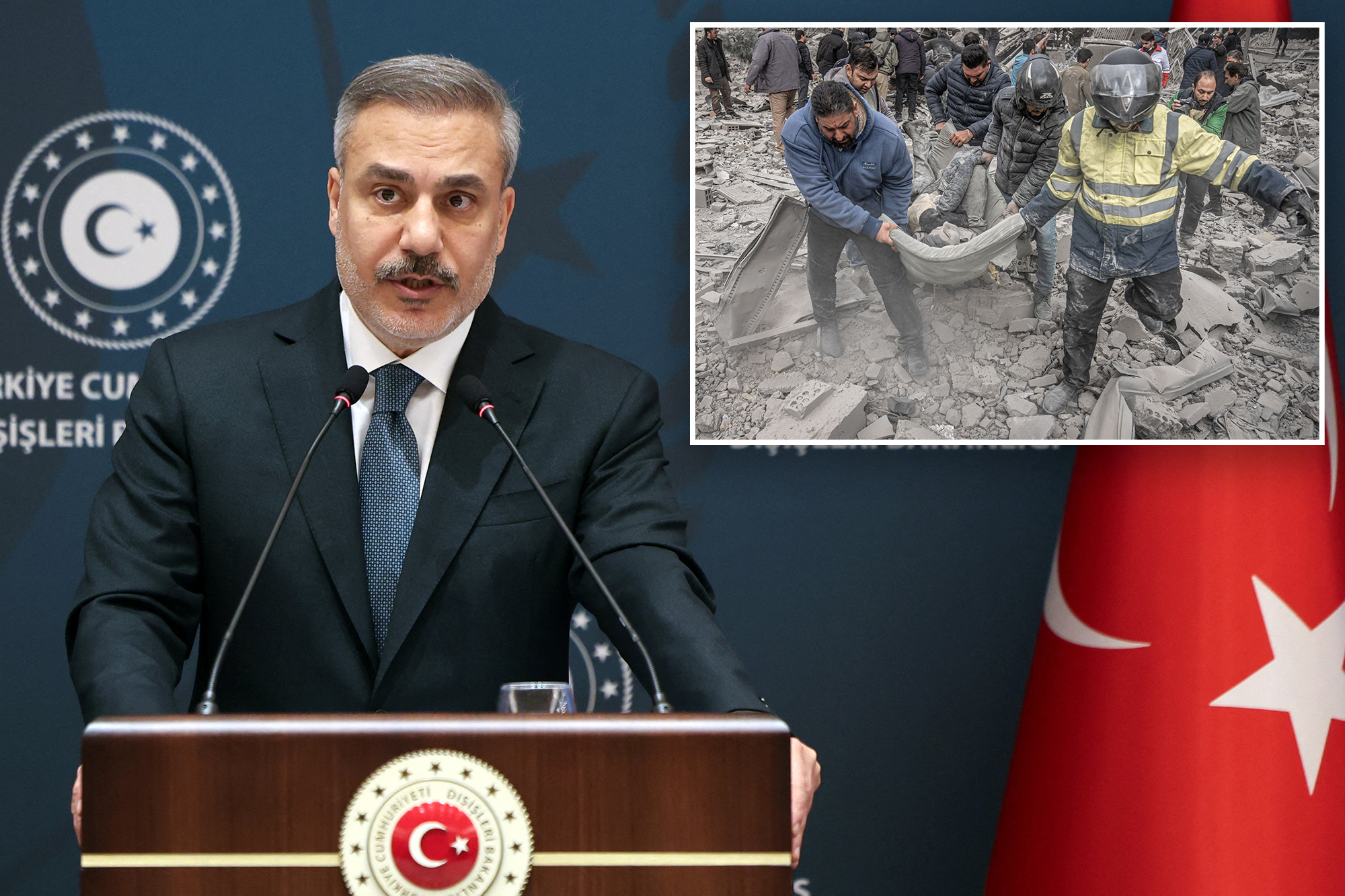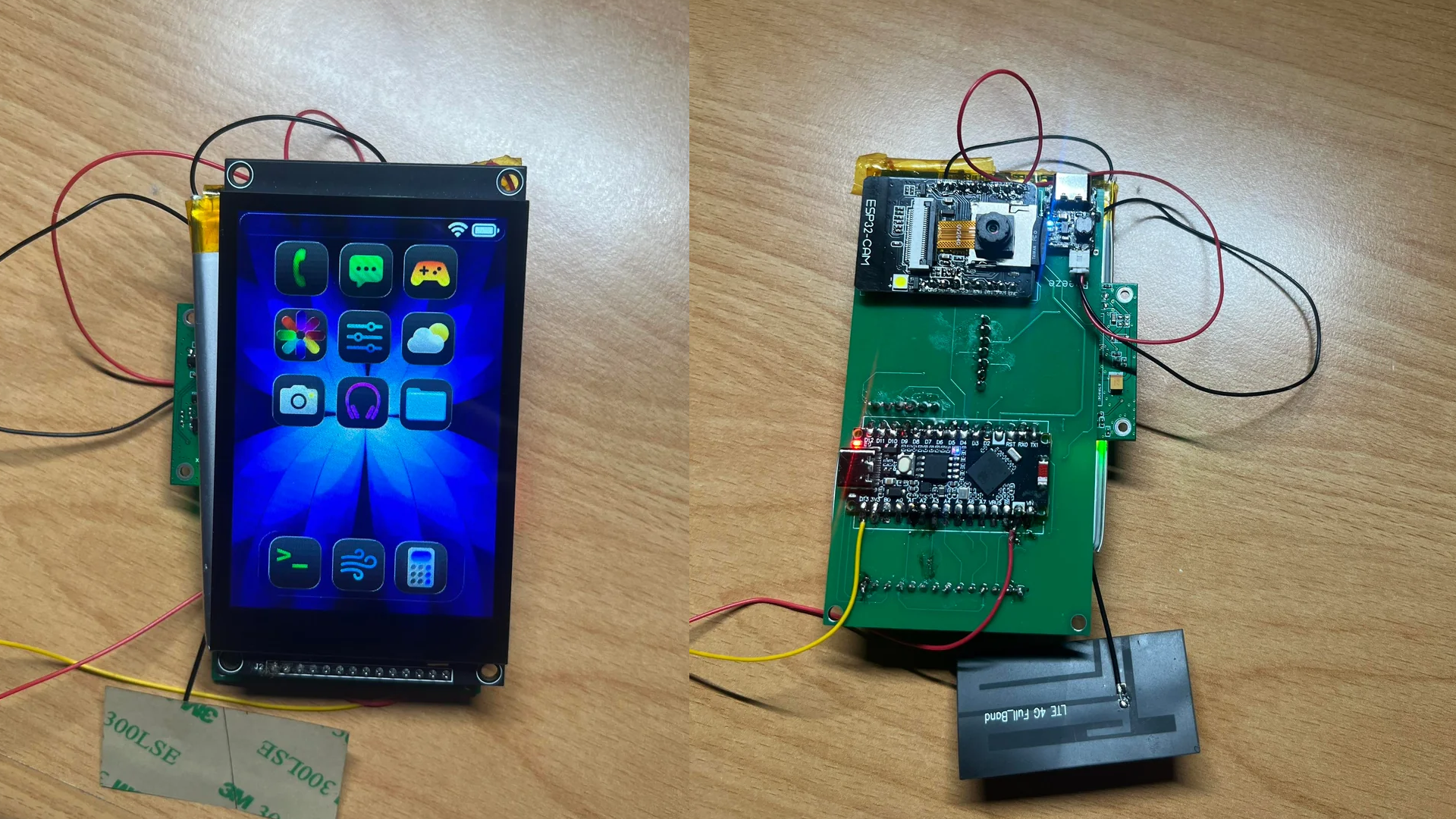
Amnesty International has urged Colombia to reform its military criminal justice system, highlighting the persistent use of military courts to adjudicate serious human rights violations, including killings, torture, and enforced disappearances. In a report released on Friday, the organization labeled this practice as a “structural engine of impunity” that undermines justice and accountability for victims of abuse.
The report specifically critiques the framework of the military criminal justice system, known as Justicia Penal Militar (JPM), which remains entrenched in cases involving potential human rights violations and crimes under international law. According to Ana Piquer, the Americas Director at Amnesty International, the issue is not merely a technical error but a deep-rooted obstacle that perpetuates impunity.
Despite significant reforms in Colombia since the 1990s, military judges and prosecutors continue to assert jurisdiction over serious allegations, including homicide and excessive force, committed by members of the armed forces and the National Police. Amnesty International’s analysis of 398 jurisdictional conflicts brought before the Constitutional Court from 2021 to 2024 revealed a troubling trend: both military and civilian judicial actors frequently misassign these cases to the JPM, obstructing investigations and limiting access to justice for victims.
The organization emphasized that, although the National Police is officially a civilian entity, its personnel are often investigated and tried within the military jurisdiction. This practice contravenes international standards that prohibit military judges from presiding over cases involving civilians or human rights violations.
Amnesty International argues that the only viable solution is a constitutional amendment to exclude the National Police from military criminal jurisdiction entirely. Colombia is obligated under international law to ensure that all allegations of torture and serious abuse are investigated and prosecuted by impartial authorities. Currently, ambiguity in Article 221 of the Colombian Constitution allows for jurisdictional manipulation, enabling homicide and abuse-of-authority cases linked to police operations to remain within the military justice system.
The organization pointed to historical patterns of impunity in Colombia, referencing emblematic cases such as the enforced disappearances during the 1980s. These cases demonstrate how military courts have historically usurped jurisdiction, with lasting consequences that continue to affect victims and their families.
Amnesty International noted that similar dynamics have plagued investigations into protests, particularly those involving injuries or fatalities caused by National Police officers over the past two decades. Although Colombian law stipulates that these cases must be addressed in civilian courts, misdirection into the JPM persists, causing delays and undermining accountability.
In light of these findings, Amnesty International has called on the Colombian government to take immediate action. They urge the constitutional exclusion of the National Police from military jurisdiction, legislative reforms to prevent the JPM from handling human rights-related crimes, and the transfer of any ongoing cases to the ordinary criminal justice system. Furthermore, the organization emphasizes the necessity of comprehensive training for both military and civilian justice operators regarding international standards and Constitutional Court rulings.
The ongoing challenges faced by Colombia’s justice system reflect a broader struggle for human rights and accountability, underscoring the need for continued reform and vigilance.






